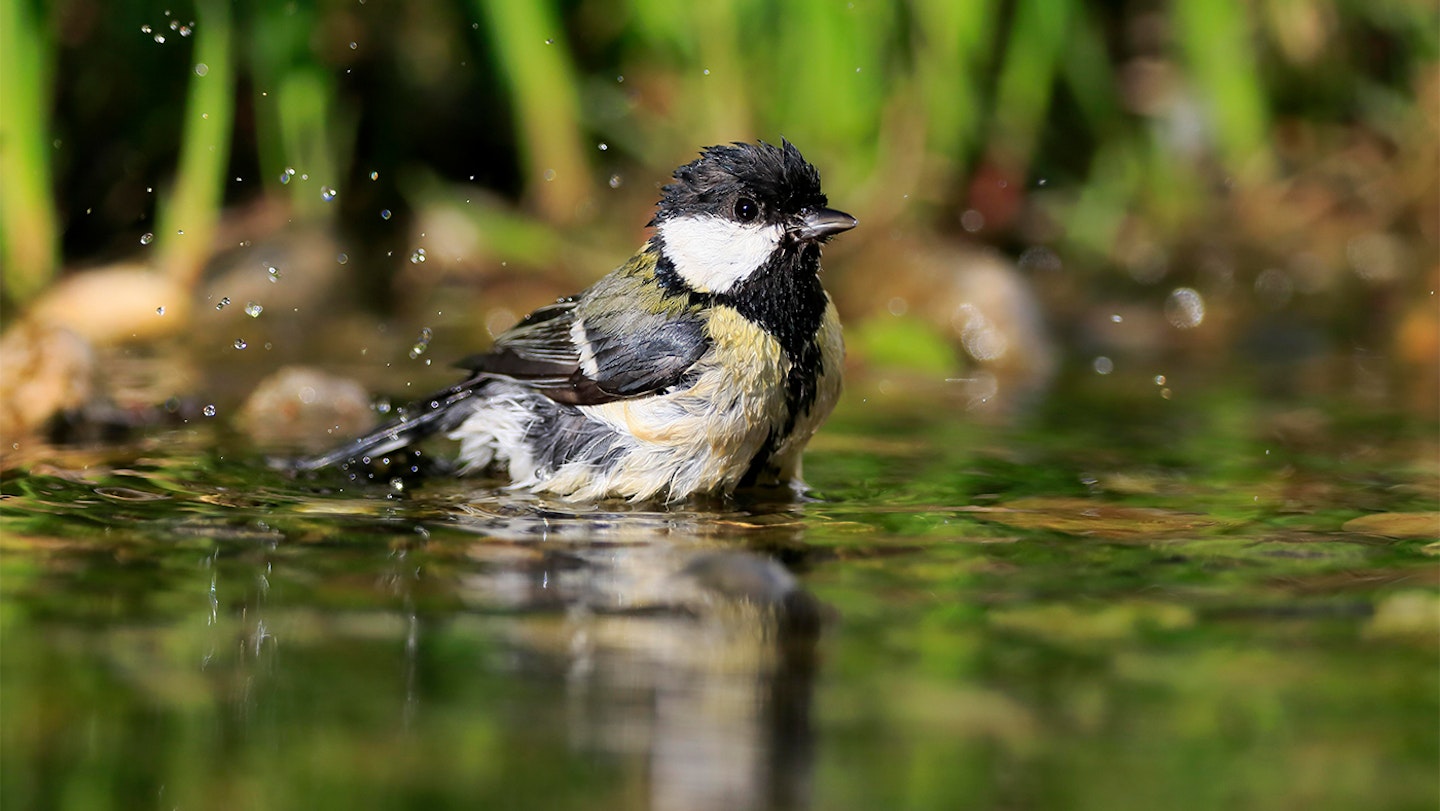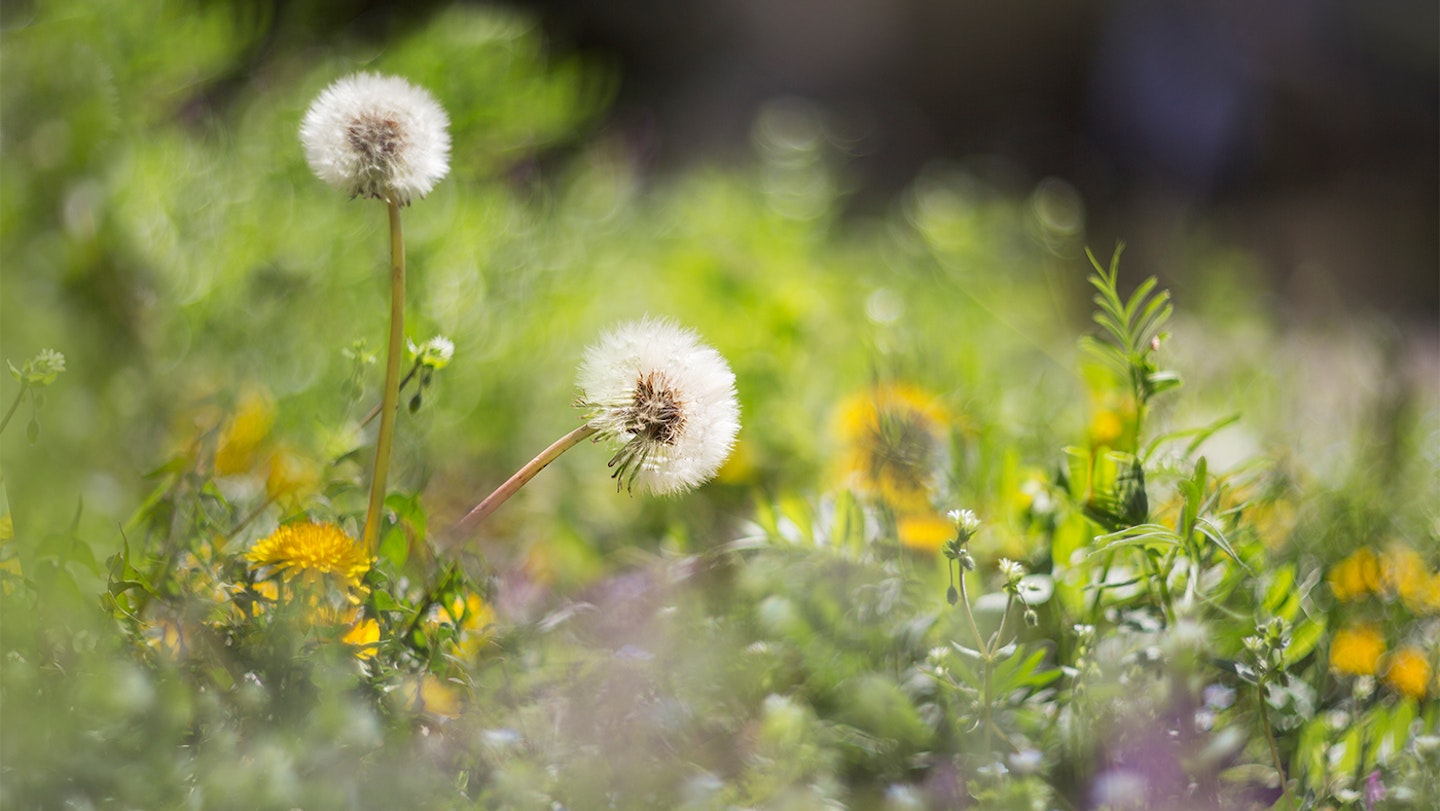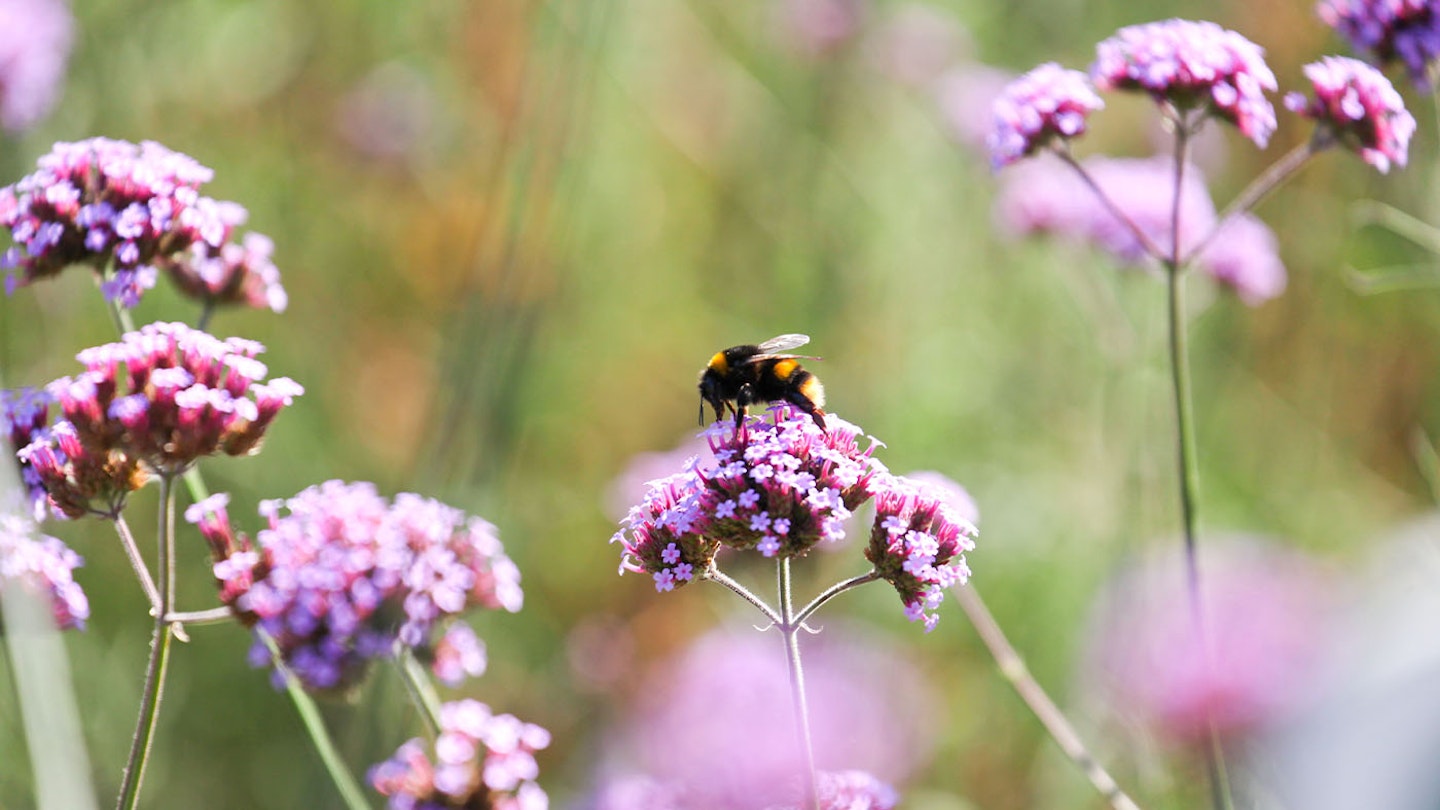We're always after ways to make our green areas a haven for a whole range of visitors. Providing a wild garden home for these important insects boosts the biodiversity of your garden which is great for the ecological balance of your outdoor space.
From bees to butterflies, some of the most beautiful and recognisable British insects are in rapid decline, so we're encouraging everyone, whether your space is big or small, to dedicate some garden space to the wildlife around us. That's why creating a wild garden is a great gardening idea, especially if you're after a budget gardening idea.
Whether you're starting with a blank canvas or you just have a small part of your garden you want to dedicate to your wild garden, they're a great idea if you're not sure what to do with your space, so we've put together a guide of everything you need to know to get started.
How to build a wild garden

Depending on your space and what you have time to do, there are plenty of fun and easy ideas to get your started on your wild garden.
Plant a meadow
The meadow is arguably the most important part of your wild garden. This can simply be a patch of grass you let grow freely and avoid mowing. Add in some wildflower seeds to help attract a wider range of wildlife. You might also want to boarder this with some attractive bedding plants for insects.
Provide some shelter
Providing a nesting area is important to consider for your wild area. Not only is shelter great for nesting, but it's also vital for those hot summer days to provide some shade for your visitors.
Dig a pond
It's easier than you think to build a little pond. It doesn't need to be very big. You could either dig a hole big enough to pop a watertight container inside or simply pop a watertight container in a corner of your garden and add in a few aquatic plants plus old bricks and pebbles to make some areas more shallow.
Use your space
It's not just space on the floor you need to think about, walls and fences can be utilised too. Adding in some tall, nectar rich plants and climbing plants to your fences. You might also want to add a trellis to help support these climbing plants.
Pest control
If you're trying to establish your wild plants, pests can be a problem. While it can be tempting to use things like pellets, these often contain harmful chemicals, so it's advised to leave pests be. After all, they make tasty snacks for frogs and hedgehogs.
Feeding stations
Add in some fun feeding stations, bird boxes and nesting boxes to provide a safe place for your visitors to eat and rest. Not only are these spots vital for their wellbeing, they also look great and add an extra dimension to your wild garden.
Maintaining your wild garden

The maintenance rules when it comes to wild gardens are very different to regular garden spaces. One of the best things about wild gardens is that they thrive in poor soil, so it's advised not to use any sort of fertiliser.
When it comes to your meadow, you'll only need to mow it twice per year to get the most out of it. First mow in late winter before scattering some seeds, then mow in late summer.
Weeds aren't so awful when it comes to a wild garden. Even nettles have their benefits, as they can stop any weeds from spreading too far. Nettles will also be popular amongst the butterflies too, so no need for any weed killer.
The best plants for wild gardens
English lavender – Attracts butterflies and bees
Jasmine – Attracts bees, birds and butterflies
Wisteria – Has nectar rich pollen attracting bees
Daisies – They offer a lot of pollen making them attractive to bees and butterflies
Dandelions – Honeybees, hover-flies and beetles love the seeds
Thistles – Goldfinches and butterflies love these plants
Honeysuckle – Moths love honeysuckle, especially at night
Ivy – Attractive to bees and hover-flies
Hawthorn – This attracts bees, bird and butterflies
